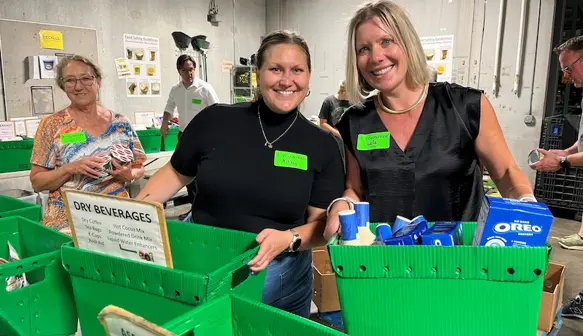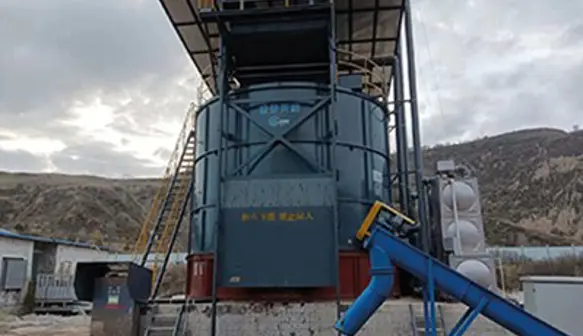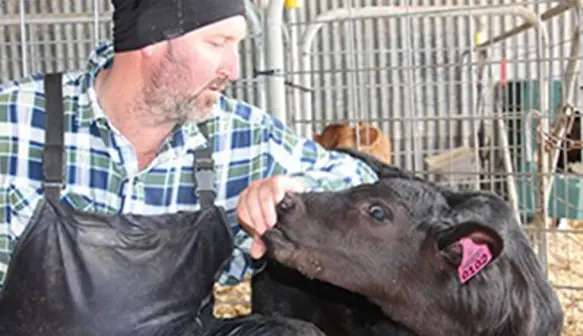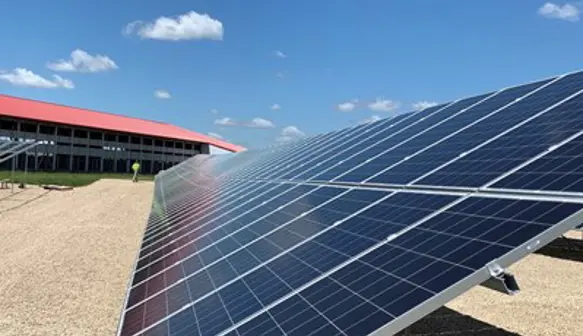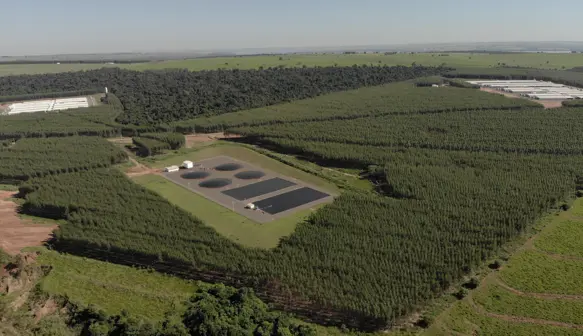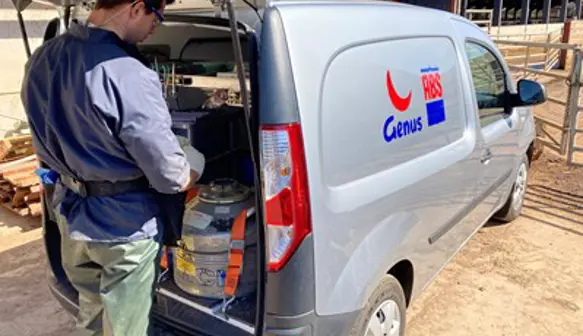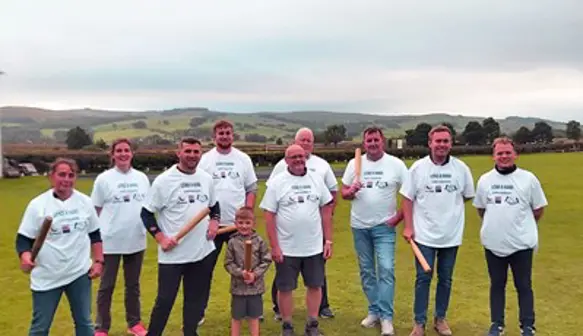Carbon reduction related to Genus Breeding Programmes
As global climate change increases the risks to global food security, our work in genetic improvement provides livestock which is more resilient to climatic extremes and helps farmers produce milk and meat using fewer natural resources and less carbon. We measure progress by assessing the factors that shape each animal’s carbon footprint during their lifetime, including the efficiency with which animal feeds are turned into meat and milk, and other health-related traits. We set targets each year which relate to life-cycle carbon emissions we have reduced, and which are directly related to breeding. We have met all of our targets in respect of these. In our porcine business, this improvement is equivalent to 678,300 tonnes CO2e annual reduction in our customer herds.
Life-cycle Carbon and Welfare Focus of Genus Breeding
Genus provides elite bovine genetics to Australia and New Zealand, where climate-related stress and extremes have generated additional demand for genetics which offer lower carbon and water footprints and enhanced welfare. Guided by customer concerns around these issues, ABS has sought to validate environmental claims which are important to our stakeholders and customers.
In partnership with independent consultants, Integrity Ag, life-cycle carbon emissions of steers grown using ABS Beef InFocus™ genetics were investigated as part of a full life-cycle assessment.
The study shows almost 42% lower emissions compared with traditional Australian feedlot systems and results from a combination of factors including greater efficiency in the way animal feeds are converted into meat, reduced incidence of disease and premature death and reduction of ‘waste’ animals – where ‘bobby’ (male) calves are born into dairy, rather than beef herds. Instead, ABS InFocus™ genetics create high value, high-quality beef calves, providing an additional income stream to the dairy farmer and a lower ‘carbon’ and ‘water’ cost of bringing it into the world.



